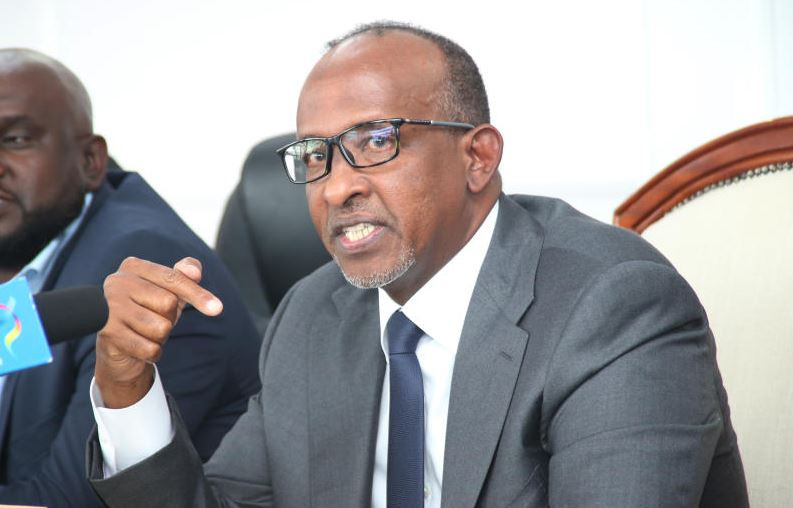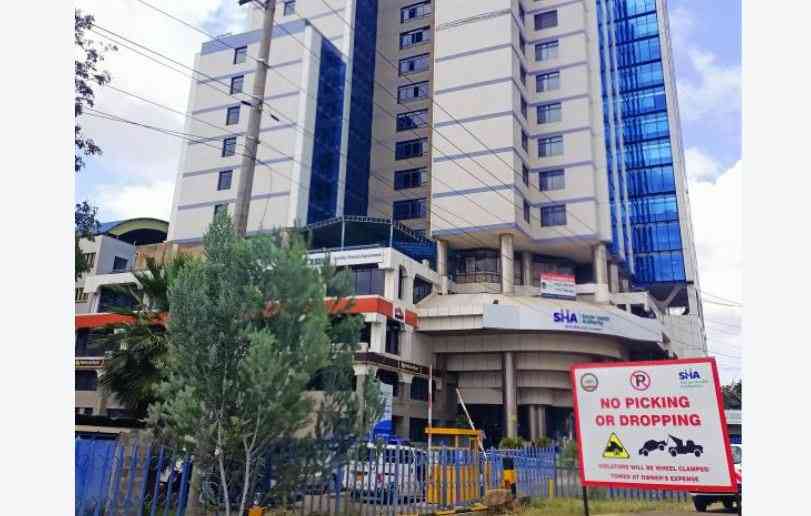We Prayed for Change, Then Became the System
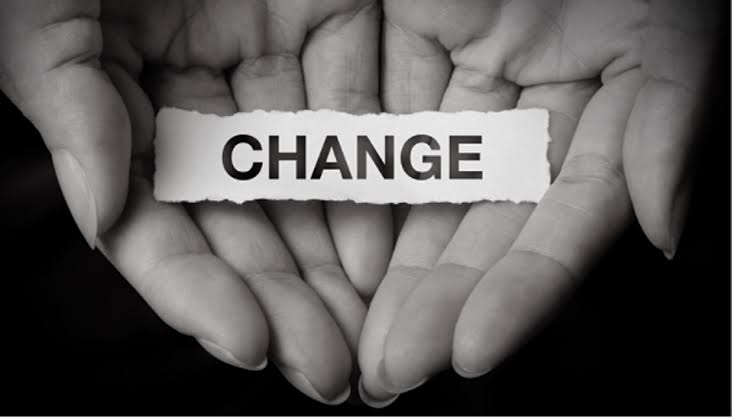
In the early years of Nigeria’s democracy, young people were the voice of hope. They filled the streets with chants of revolution, carried placards that screamed “Enough is enough!”, and dreamed of a nation where justice wasn’t a privilege. But two decades later, those same dreamers now occupy the seats of power and the dream seems to have quietly dissolved into the comfort of the system they once despised.
The tragedy isn’t that the system changed them; it’s that they learned to adapt. The “change generation” has become eerily fluent in the very corruption they once condemned. Nepotism has been rebranded as “helping my person,” bribery renamed “appreciation,” and mediocrity rewarded under the banner of “connection.” The same people who fought against oppressive hierarchies now build new ones, only this time, they sit at the top.
At the heart of this decline lies a cultural addiction to power. Power in Nigeria isn’t just authority, it’s prestige, protection, and often, immunity. It doesn’t reform; it consumes. Studies from Transparency International and Afrobarometer show that corruption remains deeply entrenched because citizens expect new leaders to act differently while rewarding them for doing the same. It’s a moral contradiction, a society that condemns corruption but still glorifies the corrupt if they “take care” of their own.
From Protest to Power
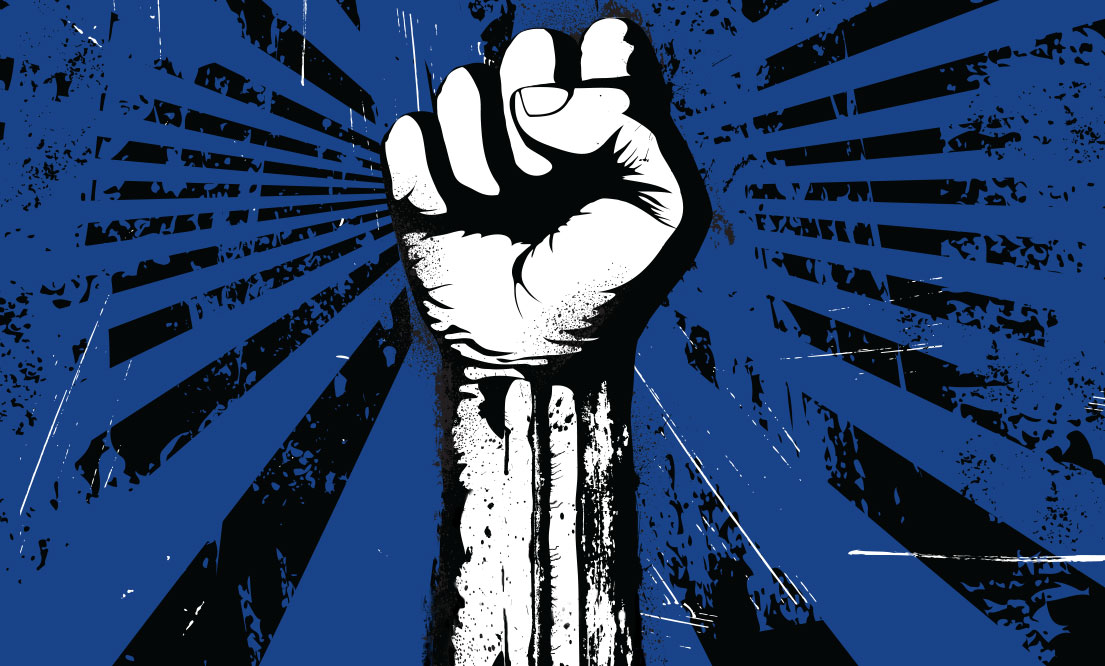
What began as rebellion has quietly morphed into replication. For many young Nigerians, activism was once a badge of courage, the mark of a generation that wouldn’t stay silent. But once a few gained access to corridors of power, the chants for justice softened into whispers of self-preservation. The transition from “We Move!” to “We Manage” has become symbolic of how conviction erodes under comfort.
This isn’t just a Nigerian story, it’s an African one. Across Kenya, South Africa, and Ghana, youthful reformers who rose to challenge old political elites often end up mirroring their methods. A 2023 BBC Africa feature noted how Africa’s “activist-to-politician” pipeline has produced many leaders who now struggle to resist the very privileges they once condemned. It’s proof that power doesn’t always corrupt suddenly sometimes, it seduces slowly.
The danger is not that young people are in politics; it’s that they enter with untested ethics and exit with diluted values. Real transformation requires discipline, not just passion. Without systems that hold leaders accountable, even the most idealistic youth will eventually learn how to play the game and worse, how to win it.
In truth, the system isn’t an institution, it’s a mindset. It’s the traffic officer who takes a ₦500 note to “forgive” a violation, the civil servant who delays files for a tip, and the voter who trades their ballot for a bag of rice. These small exchanges, repeated daily, form the architecture of dysfunction. The government isn’t a separate entity, it’s a reflection of the people who built it and continue to sustain it.
The rot thrives because morality has become negotiable. In offices, schools, and politics, integrity is admired but rarely rewarded. People often joke that honesty doesn’t “pay the bills”, a grim summary of how survival has replaced conscience as the national ideology. When systems fail to protect the upright, society quietly trains citizens to cheat smartly instead of live rightly. It’s why the honest worker becomes the outcast while the dubious one gets promoted, a reflection of values turned upside down.
A 2024 survey by the Centre for Democracy and Development (CDD) found that nearly 68% of Nigerians believe corruption is “unavoidable” in public institutions. That belief, more than any law or policy, is what sustains rot. When a generation grows up believing every success must be “connected,” integrity becomes an optional virtue. The culture no longer celebrates doing right; it rewards doing whatever works.
Even religion, once the last moral compass has been pulled into the same current. Many churches and mosques now preach prosperity over principle, turning faith into a justification for greed. The pulpit has become another stage for influence, where the rich sinner is applauded louder than the poor righteous. When spirituality becomes transactional, the nation loses its moral anchor.
Perhaps the saddest irony is that idealism fades with access. The young activist who once shouted on Twitter for justice may now whisper excuses in a government office. The NGO founder who once demanded transparency now justifies inflated budgets. Like a slow infection, compromise spreads until conviction becomes inconvenient. Power exposes what protest only conceals that some didn’t want a better system; they just wanted their turn.
There was a time when movements like #EndSARS represented the dawn of a new consciousness, raw, unfiltered, and fearless. Nigerians demanded accountability, unity, and justice. But many of those same voices now sit in boardrooms and political appointments, facing the same moral tests they once decried. The silence that follows is deafening. Where are the “change agents” when the system calls for sacrifice instead of self-interest?
A Brookings Institution report notes that Nigerian youth remain politically aware but increasingly disillusioned by institutional stagnation. The danger isn’t apathy, it’s acceptance. When corruption becomes expected, outrage loses its power. When compromise becomes normal, idealism dies quietly.
When the Masses Mirror the Masters
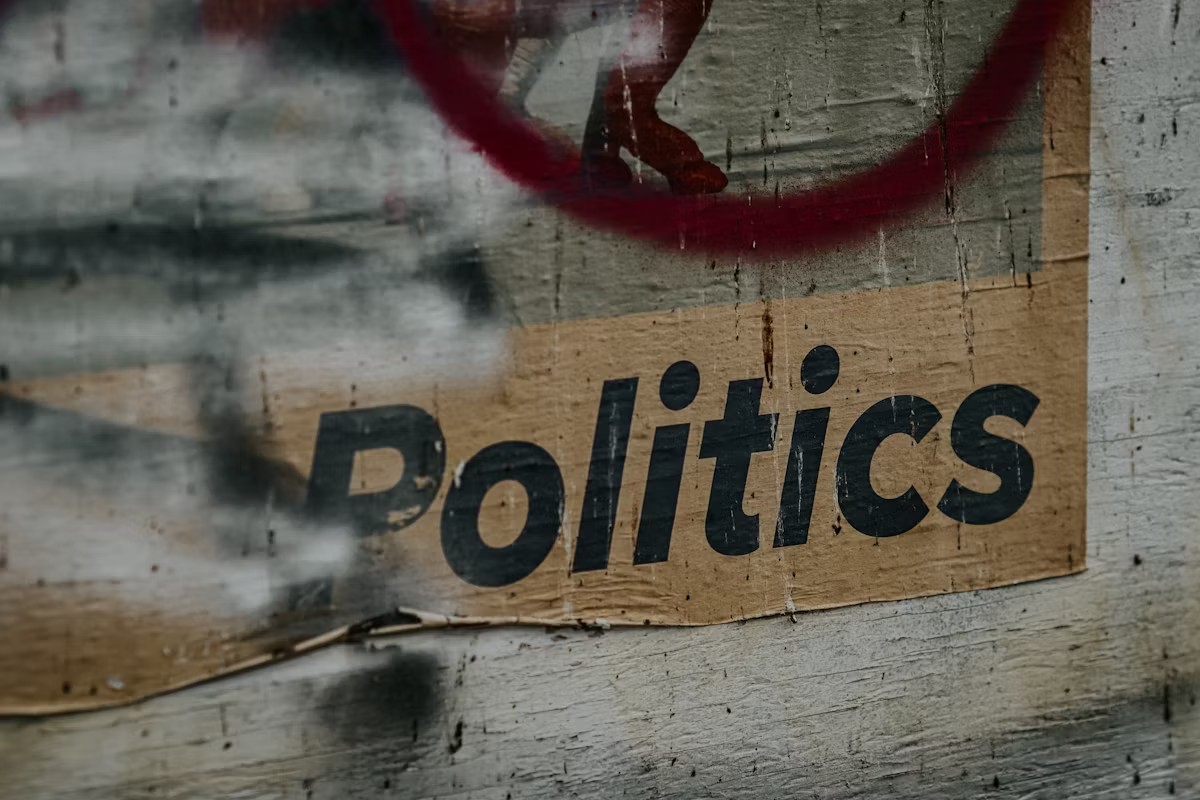
The truth is, corruption isn’t sustained by politicians alone, it thrives because citizens participate in it daily. Every “little” act of compromise strengthens the chains of dysfunction. We complain about rigged elections, yet sell votes for stipends; we condemn bribery, yet slip cash to bypass queues. As the Nigerian writer Chimamanda Ngozi Adichie once observed, “We teach our children that honesty is good until it costs us something.”
In this new moral economy, everyone becomes both victim and villain. The bus driver blames the government while hiking prices unfairly. The parent bribes for school admissions but complains about national corruption. The influencer criticizes injustice online, yet takes shady endorsement deals offline. Our collective hypocrisy builds a system that doesn’t need soldiers to survive, it only needs our silence and convenience.
Even the media, once the watchdog is not exempt. Sensational headlines now sell faster than honest reporting, and sponsored narratives often drown out the truth. When journalism becomes transactional, citizens lose one of their last lines of defense. As Reporters Without Borders notes, press freedom in many African countries continues to decline, not only because of censorship but because of complicity.
We must remember that change doesn’t come from rebellion alone, it comes from responsibility. Every generation has its revolution, but what follows matters more. It’s easy to demand justice from a distance; it’s harder to live by it when privilege calls. The true reformer isn’t the one who fights from the outside, but the one who enters the system and refuses to be absorbed.
The prayer for change hasn’t failed but the people who prayed have grown comfortable. Until Nigerians learn that power without accountability is rot disguised as success, the cycle will continue. The revolution was never meant to stop at protest grounds or hashtags. It was supposed to live in our decisions, our integrity, and our everyday choices.
We prayed for change, but change won’t come until we become different from the system we swore to destroy.
You may also like...
NBA Legend in Hot Water: Ex-Star Pierce Busted on DUI Charges

Former NBA player Paul Pierce was arrested Tuesday night in Los Angeles on suspicion of driving under the influence afte...
Timeless Classic Shocks Streaming Charts: Over 50-Year-Old Masterpiece Dominates Free Platforms

Explore the contrasting career highs and lows of director Francis Ford Coppola, from the unparalleled success and enduri...
DocuBay Snags Exclusive Rights to Uncover India's 'Dirty Entertainers' in Revealing New Documentary

DocuBay has launched "Dirty Entertainers: The Business of Indian Erotica," a new documentary exploring India’s erotica s...
No Doubt Unveils Electrifying Las Vegas Sphere Residency

Gwen Stefani and No Doubt are set to make history by headlining the Las Vegas Sphere in 2026, marking Stefani as the fir...
'9-1-1' Actor Oliver Stark Addresses Fan Frenzy Over Possible 'Buddie' Romance in Season 9

In a revealing interview, Oliver Stark discusses <em>9-1-1</em> Season 9, delving into the aftermath of Captain Bobby Na...
Outlander Star Jamie Roy Unpacks Brian Fraser's Season 2 Evolution and Sam Heughan's Pivotal Support

Dive into the world of 'Outlander: Blood of My Blood' with Jamie Roy, who portrays Brian Fraser, an illegitimate son who...
Brown's Big Moment: Stars Embrace the Season's Hero Shade

Chocolate brown is swiftly dethroning black as the fashion world's new go-to neutral, championed by major designers and ...
Microsoft's AI Data Center Dominance: Nadella's Strategic Reminder to OpenAI
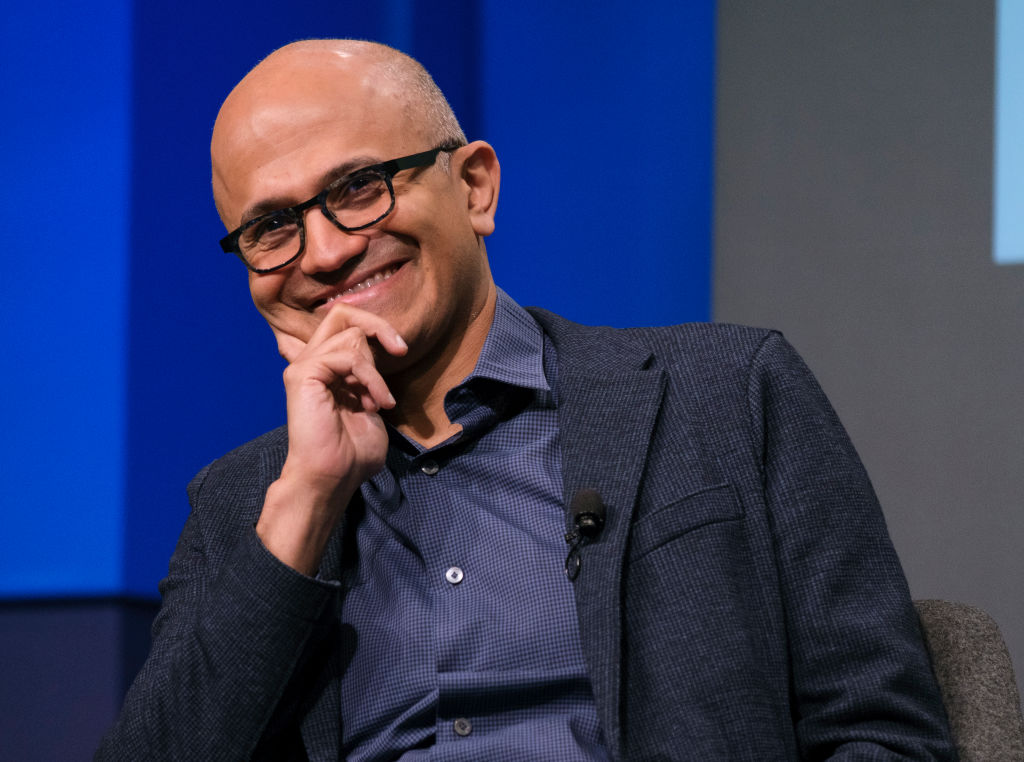
Microsoft has begun deploying its first massive Nvidia AI "factory" within its Azure global data centers to power OpenAI...




